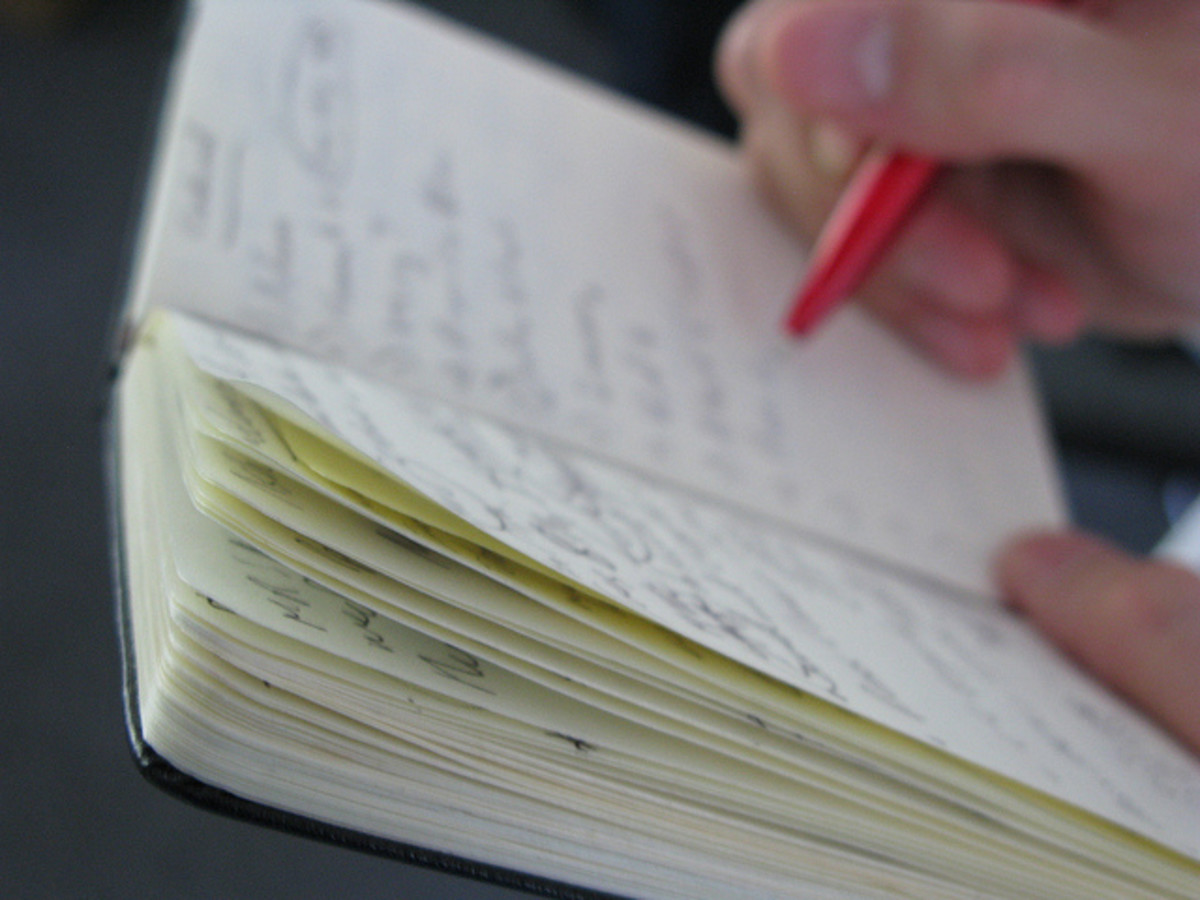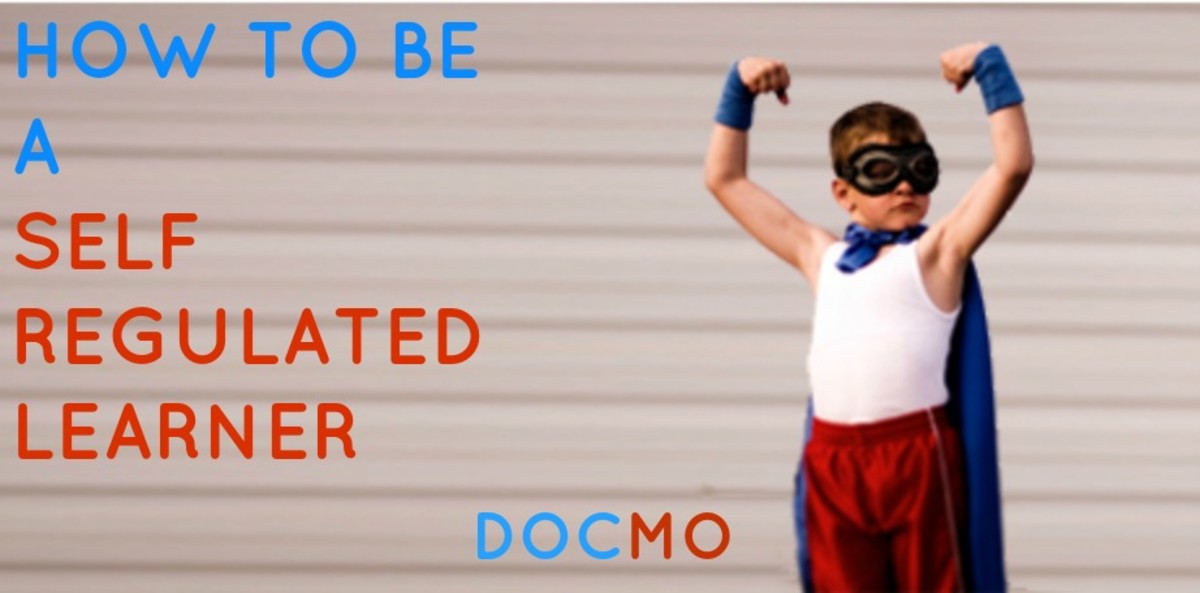The Three Types of Knowledge
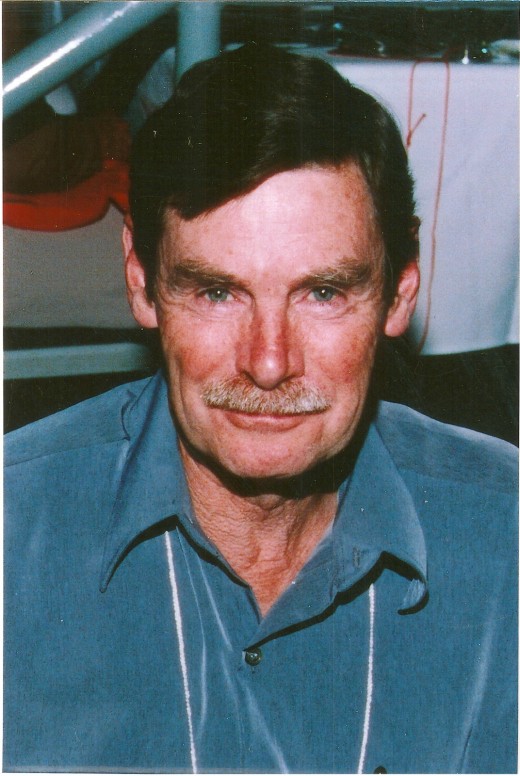
There is only one which we regard as infallible truth
Back in 1986 I heard a story that really registered with me. It was a simple enough story. It told of the different types of knowledge we all have and how these can be divided into three distinct areas of influence as far as our lives are concerned. The story goes like this:
“There was a man who had a good and trusted friend. The friend told the man that he knew of an excellent place to eat, a fine restaurant where the food was always good.
“The man believed his friend and went along to the restaurant (this is knowledge based on faith. In this case, the faith he had in his friend’s words)
Observation is knowledge based on study
“But the man did not go inside immediately. He looked through the open doorway and he observed that those inside certainly seemed to be enjoying their meals. He could see them smiling and laughing as they spoke to their friends. He could see the scrumptious looking meals being brought out and served. What he saw he liked (this is knowledge based on study or observation)
“Then the man went inside, sat down and ordered a meal. The meal arrived and he started to eat it (now he knew. This is knowledge based on experience. The meal might have been wonderful: or it might have been awful! Whatever it was, he did not know for certain until he had tasted it.
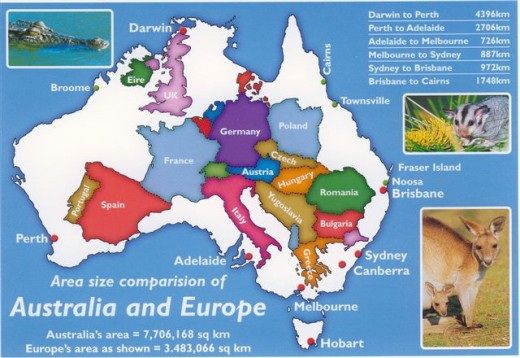
'Knowing' is knowledge based on experience
Experience is the only true knowledge. Moreover, if we are to choose between knowledge we’re expected to take based on faith, and that based in experience, experience wins hands down. If it doesn’t, we are in for an awful lot of angst. Moreover, it the knowledge we have gained by study and observation does not tally with our actual experience, the same applies.
We might set about our lives with good intentions based on faith in what we’ve been taught by others, be it by books or by others’ observations of events, but if it does not jell with our own experiences, the philosophies propounded by our erstwhile teachers will not prevail. We will go our own way. Or if we don’t we’ll suffer for it. So experience is essential, especially in those matters which have such an impact on how we think and behave. This is why the adage, “Know thyself,” is so important in our lives. What am I? Who am I? so, so, important.
Even our own observations can lead us astray if we're not careful
Of course, we can gain an enormous amount of really good, useful knowledge by our own studies and observations. We can be introduced to all manner of great ideas by believing the hypotheses or theories of those who we regard as honourable people of good intent. But they can be wrong. And even our own observations can lead us astray once we pick up on an idea or concept which appeals to us. This is because we tend to strengthen these ideas with our ever-increasing bias towards what we regard as our own knowledge, our own truth.
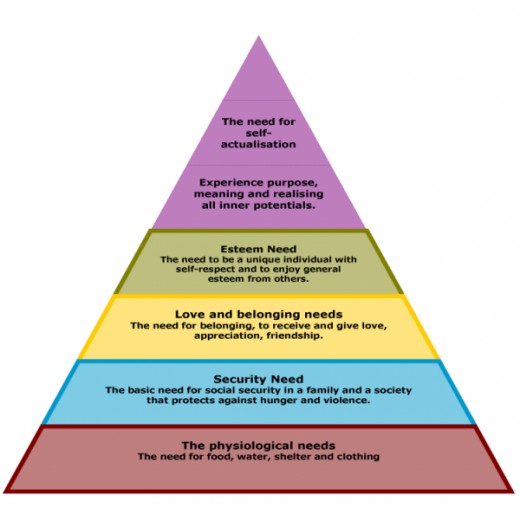
You will know by your own experience what is true and what is not
And so, dear, reader, knowing what we are, and who we are – and differentiating these from what we believe we are, or are inclined to believe through our studies, is so very important to us. For without that knowledge we will be forever searching, forever unsatisfied. We can do what most do, of course, spend our lives in escapism: daydreaming, games, reading for entertainment, films, television, and sport. Nothing wrong with any of these. But if they are the be all and end all – our goals - then we reach the end of our lives little wiser than we were when we were young.
So find The Way. “Seek and you will find,”it is said. And once the way is found and you are established in it, you will know by your own experience what is true and what is not.
More on the writer
- Tom Ware Public Speaking The Prince of Storytellers
Tom Ware Public Speaking! Tips, events and videos to help you become a gifted speaker. Visit now!




